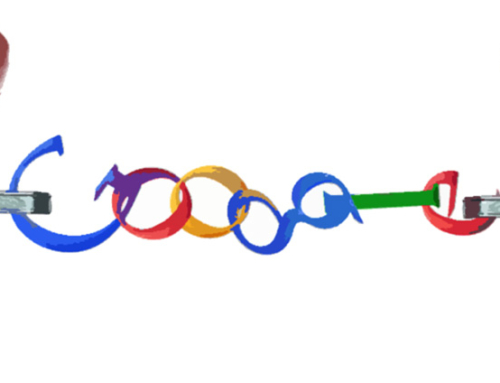Although the term “SEO” might give you a headache, search engine optimisation isn’t going anywhere. Just like that awkward conversation you had with your parents when you were 14, you’re going to have to face the facts eventually. Luckily, these SEO basics are much easier to handle than talking to mum and dad about the birds and the bees.
Why Does SEO Exist?
Contrary to popular belief, the goal of basic SEO is not to play games with search engines. At its foundation, an SEO strategy attempts to create a good user experience. It also tries to enhance the effectiveness of search engines through communication. By developing a basic SEO strategy, you’re simply telling the search engines about yourself so that they can recommend you when relevant searches occur.
What They Want
Search engines want to provide the best user experience possible by improving efficiency and sending users to the most relevant website. Bristol SEO services and other web design services improve relevancy through original content, high performance, solid authority and overall user experience.
Content:
Do you have sufficient original content to interest the viewer?
Do your given themes match your text, titles and descriptions?
Performance:
Does your website work effectively and quickly?
Authority:
Would the authorities in your industry be willing to use your website as a reference?
User Experience:
Is your site over-complicated?
Does it look clean and safe?
Is it easy to navigate?
What They Don’t Want
After many years of being tricked and misused, search engine mechanics have made it almost impossible to cheat. They have a limited amount of storage for all of your data and won’t let you in if you can’t comply with their rules. In general, they don’t want keyword stuffing, purchased links or poor user experiences.
Keyword Stuffing:
They know when you’ve been overusing those keywords.
Purchased Links:
When it comes to SEO, buying links doesn’t do you any good.
Poor User Experience:
Focus on lowering your bounce rate. If yours is higher than 80% and you have content on your site, something is wrong. Make the navigation easier and don’t overdo it on the advertisements.
What You Want
Unfortunately, many people don’t take the time to determine and define their goals for a website. Before creating any SEO strategy, make sure you know what you want.
• What action results in a conversion for you?
• Are you selling based on how many people look at a page, or how many people click on a link?
• What do you hope to achieve in a year? Five Years?
• What are your strengths and weaknesses?
Domain Names
Naming your domain is extremely important to your overall foundation. Follow these simple best practices to improve SEO performance.
Organisation:
Use sub-directory root domains (example.com/blog) in place of sub-domains (blog.example.com)
Consistency:
If your browser does not automatically re-direct to your www.example.com when you remove the www., then search engines are looking at two different sites. This will dilute your inbound links.
Do Your Research:
Although old domains are better than new ones, buying an old domain from another owner can have its issues. Before you buy, check to make sure that there haven’t been any shady practices done with the domain in the past. It may have been penalised by the search engines for previous actions you don’t know about.
Keywords:
Your domain is the best place to put those keywords that you’re trying to rank for.
SEO can be a very complicated subject, but learning the basics will payoff in the long-run. If you don’t want to spend the time learning everything about SEO, SEO companies in Bristol and the rest of the country will be glad to help.






Leave A Comment
You must be logged in to post a comment.